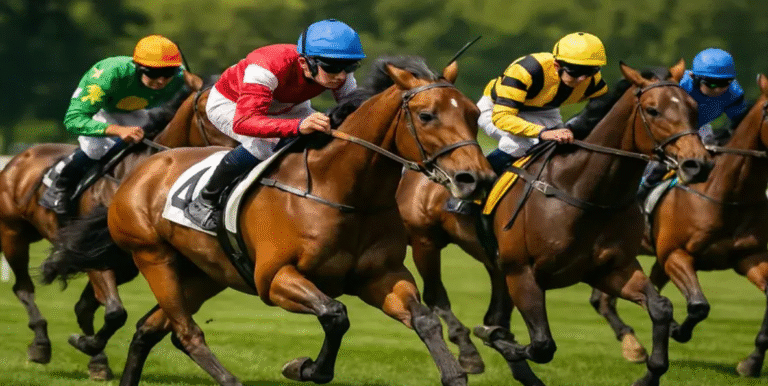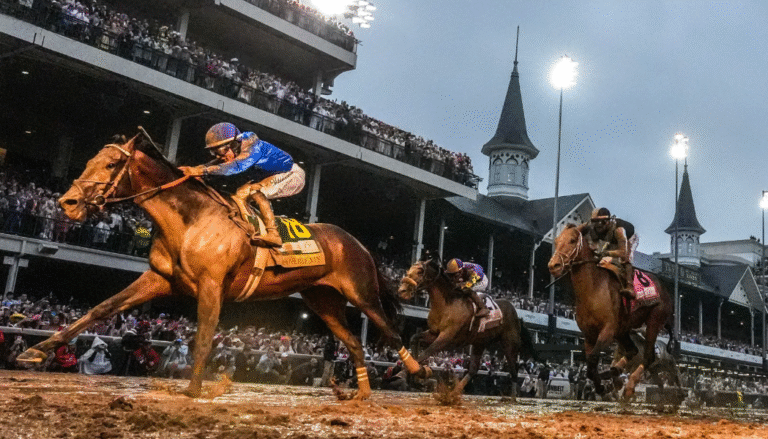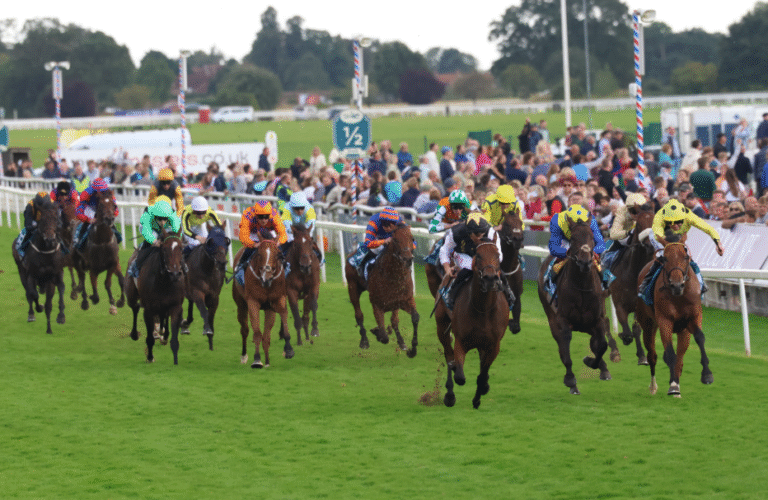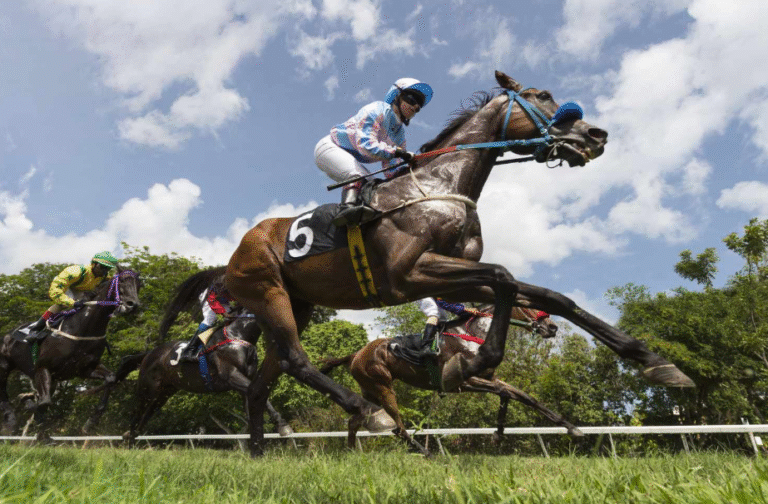Understanding the Role of Horse Racing Stewards and Officials
Horse racing stewards and officials are integral to the sport’s integrity. Their responsibilities encompass ensuring adherence to established rules and maintaining a fair competitive environment. Through meticulous pre-race inspections and ongoing event monitoring, they play a vital role in upholding standards. Additionally, their involvement in dispute resolution and penalty enforcement is crucial. However, the nuances of their responsibilities often raise questions about the effectiveness of their oversight and the broader implications for the sport.
The Responsibilities of Stewards in Horse Racing
In the intricate world of horse racing, stewards serve as the guardians of fair play and integrity.
Their steward duties encompass monitoring races, enforcing rules, and investigating potential infractions.
By meticulously upholding race integrity, they ensure a level playing field for all participants.
This vigilance fosters trust among competitors and spectators alike, ultimately preserving the sport’s reputation and encouraging a culture of accountability within the racing community.
See also: Understanding the Different Types of Horse Races
The Role of Officials in Maintaining Fairness
While stewards play a pivotal role in ensuring the integrity of horse racing, officials also contribute significantly to maintaining fairness throughout the sport.
Their oversight ensures adherence to rules, promoting fair play among competitors. By implementing strict regulations and monitoring compliance, officials provide integrity assurance, fostering an environment where all participants can compete on equal footing.
Ultimately, this enhances the sport’s credibility and appeal.
The Process of Pre-Race Inspections
Pre-race inspections are a critical component of the horse racing process, ensuring that all participants meet safety and regulatory standards before competing. These inspections follow established pre-race protocols that include evaluating the horse’s condition and gear. By implementing effective safety measures, officials aim to protect the integrity of the sport and the well-being of both horses and jockeys.
| Aspect | Description |
|---|---|
| Equipment Check | Review saddles, bridles, etc. |
| Horse Examination | Assess health and fitness |
| Jockey Verification | Confirm identification and gear |
| Compliance Review | Ensure adherence to regulations |
Handling Disputes and Enforcing Penalties
Disputes in horse racing can arise from various sources, including race results, rider conduct, and equipment violations, necessitating a structured approach to resolution.
Effective dispute resolution involves thorough investigations and clear communication among stewards and officials.
Additionally, penalty enforcement must be consistent and fair, ensuring that all participants understand the rules and consequences, thereby promoting integrity and trust within the sport.
Conclusion
In the intricate tapestry of horse racing, stewards and officials weave the threads of integrity and fairness. Like vigilant sentinels overlooking a grand arena, they ensure that each gallop and every stride adheres to the rules, fostering a level playing field. When disputes arise, their decisive actions echo through the ranks, reinforcing trust among competitors and spectators alike. Thus, the steadfast presence of these guardians not only shapes the outcome of races but also enriches the sport’s enduring legacy.




